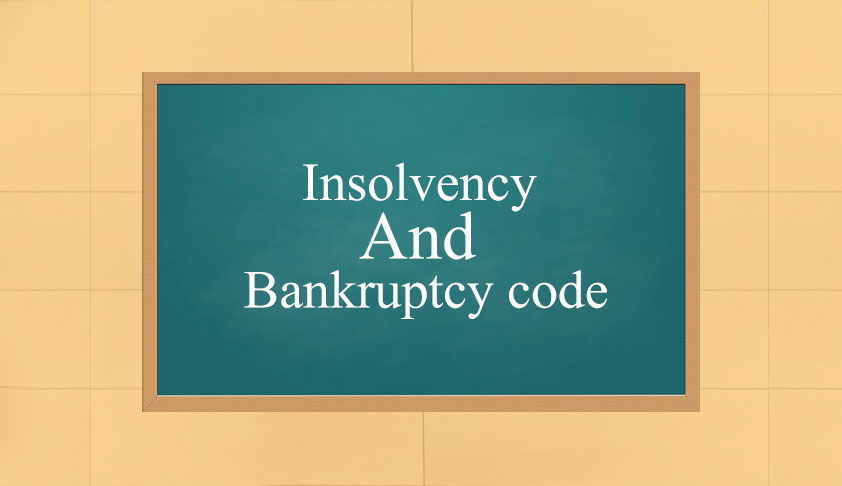- Home
- /
- News Updates
- /
- Public Opinion Invited On Draft...
Public Opinion Invited On Draft IBBI Regulations, 2018
aasavri Rai
11 March 2018 12:11 PM IST
The Insolvency and Bankruptcy Board of India (IBBI) has invited comments from the public, including the stakeholders and the regulated, on the draft Insolvency and Bankruptcy Board of India (Mechanism for Issuing Regulations), Regulations, 2018 which is available at www.ibbi.gov.in. A cost-benefit analysis of the draft regulations is appended at the end of the draft regulations.Section 240 of...
Next Story



